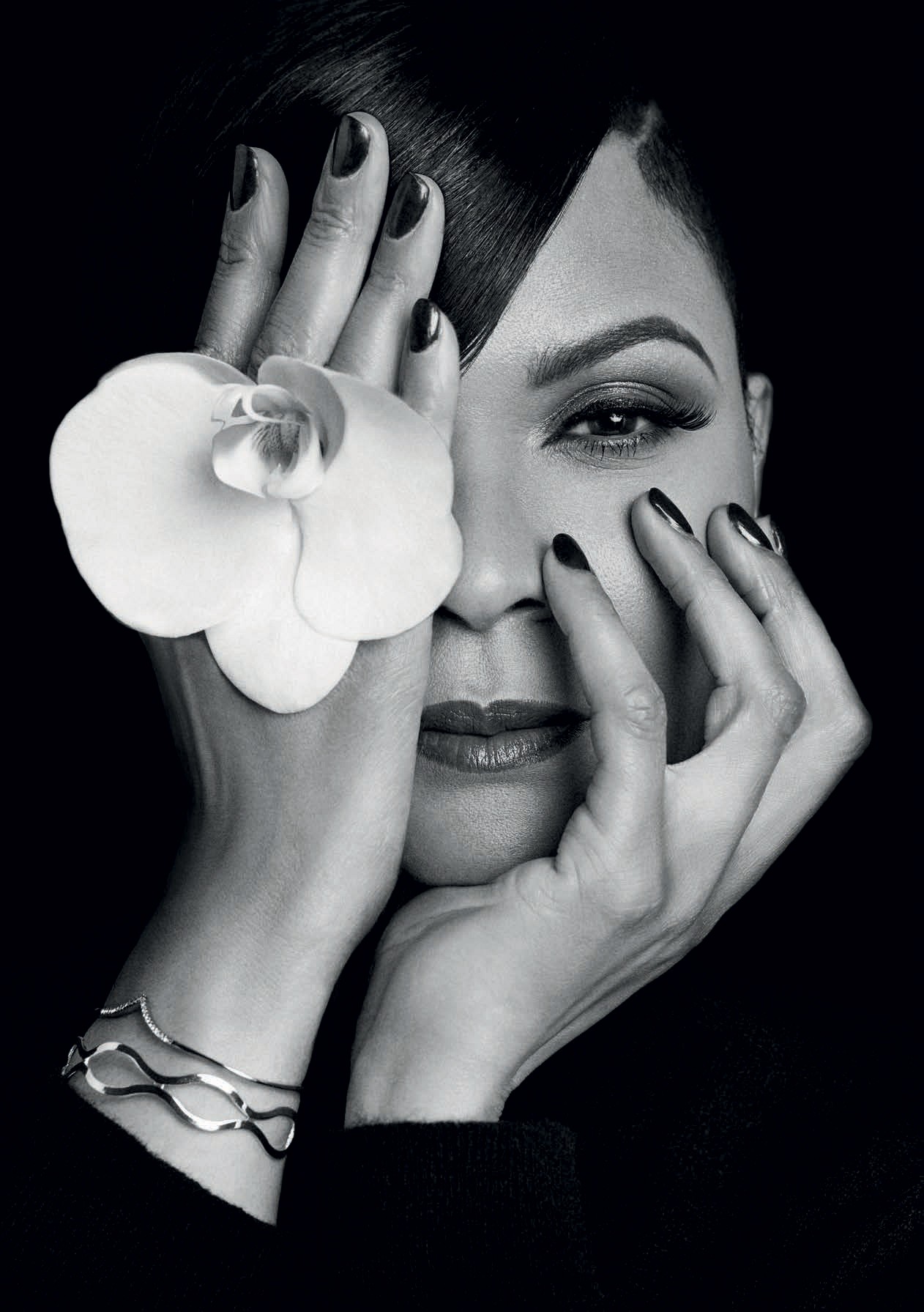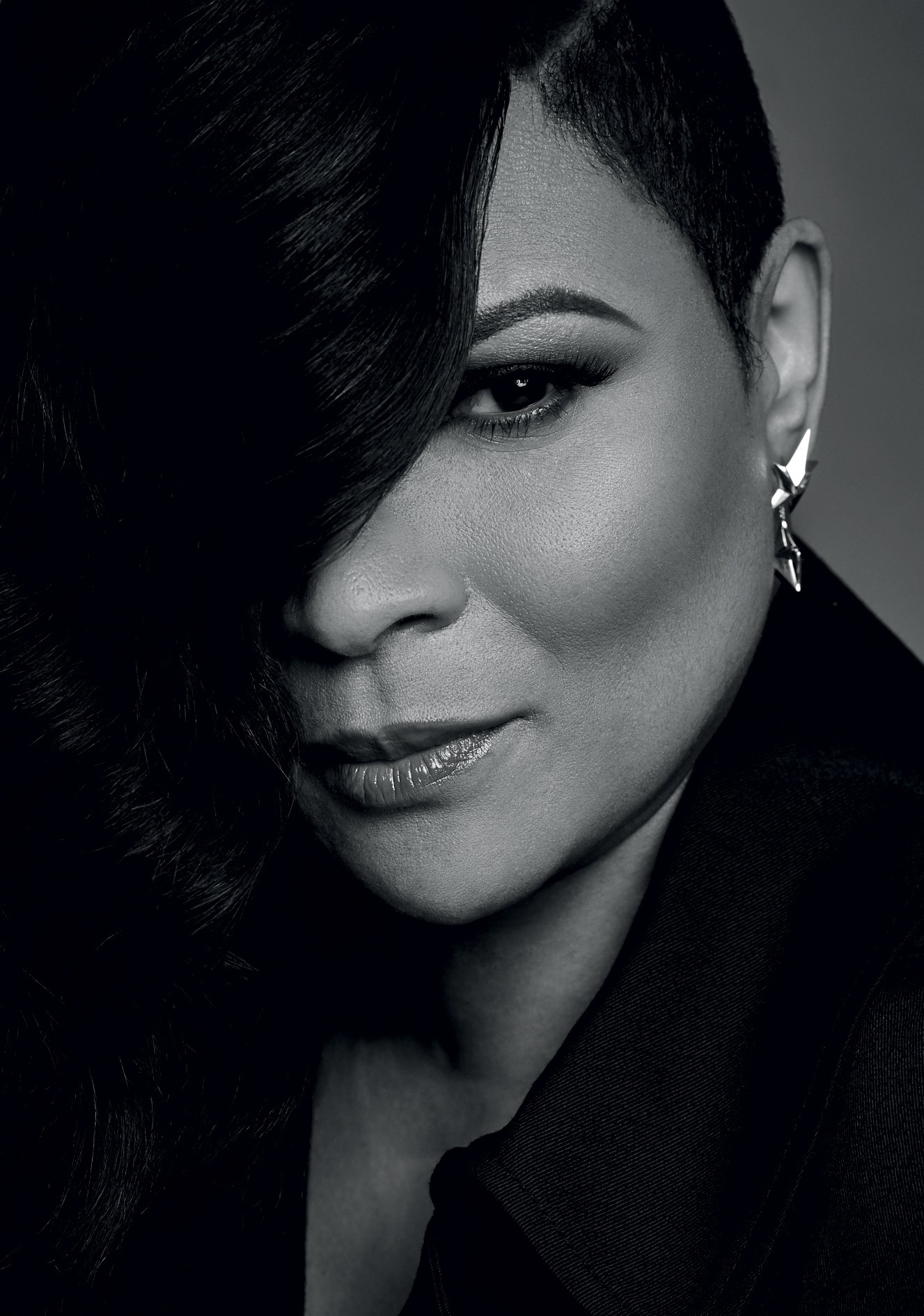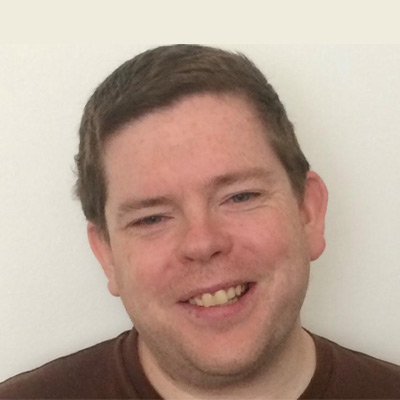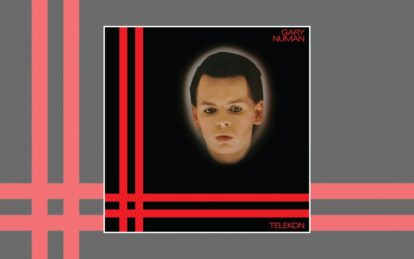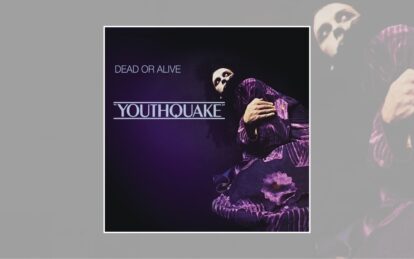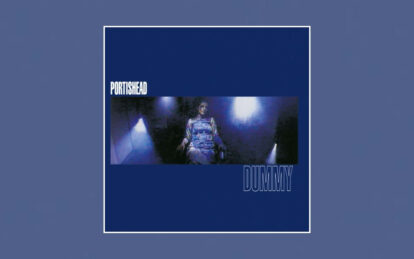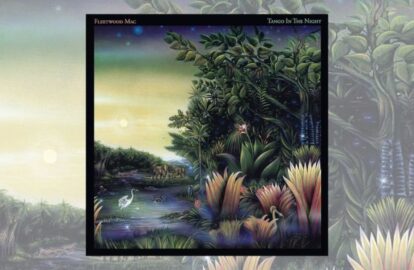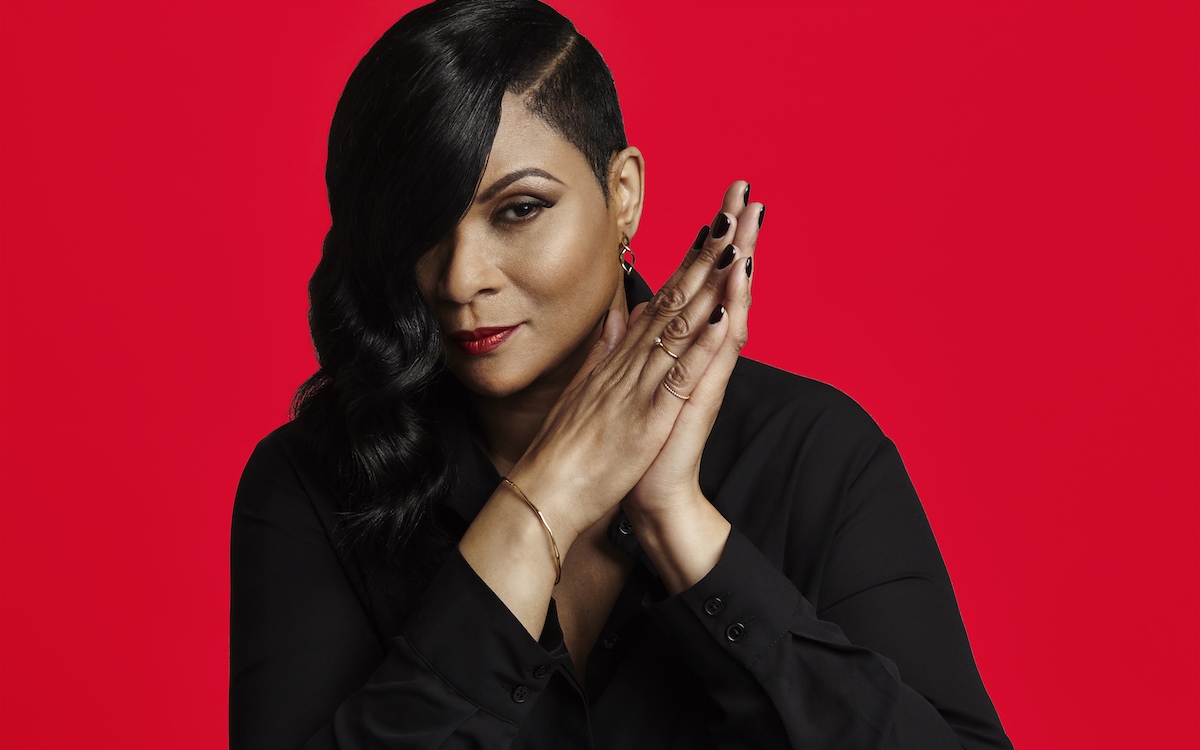
Over 25 years after Dreams made Gabrielle a phenomenon, she remains one of the finest pop singers Britain has produced. We spoke to her in 2020…
“Oh my God, I LOVE YOU! You’re my new best friend!” Gabrielle reckons she doesn’t make friends easily, but it’s actually pretty straightforward getting onside with one of our most underrated singers: simply point out that Gabrielle is a pop star and you’ll have a friend for life.
Gabrielle emerged in 1993, when her debut single Dreams was a UK No.1 for three weeks. Britpop was on the rise, and Dreams was one of the best pop singles of the 90s. Yet Gabrielle is never, ever mentioned as part of Britpop. Instead, she’s stereotyped as a soul diva. “I used to feel put out that people have me down as a soul girl,” admits Gabrielle, whose other massive pop tunes include Rise, Out Of Reach and East 17 duet If You Ever. “I never saw myself as a soul girl, but when I came along, because I’m black people just went ‘Soul girl’. I love soul, but I’m an 80s pop child. The posters on my wall were Michael Jackson, Madonna, Adam And The Ants and Nick Heyward.”
The lazy categorisation meant Gabrielle struggled to accept her vocal talents, right at the moment when she should have been celebrating her remarkable rise. “I was being placed next to real soul girls like Beverley Knight and Mica Paris,” recalls Gabrielle. “Being called ‘soul’ next to them, I felt like I was blagging it. I’ve made some lovely soul singles, like Give Me A Little More Time and When A Woman, but I love being able to write pop music and Dreams is a pop song. How is Out Of Reach a soul song?”
Asked about her omission from great Britpop artists and Gabrielle hoots with laughter. She laughs a lot, Gabrielle. “I loved all that music,” she insists. “Britpop was a really exciting pop scene to be part of, but I wouldn’t dare place myself alongside Blur, Pulp or Oasis, because they were just huge. Am I part of British pop? Yeah. But Britpop? No, that was always the cool white boys.”
You could point out that, in pop terms, Gabrielle is bigger than Pulp: Rise and Dreams mean she’s had two No.1 singles, compared to none by Jarvis Cocker’s old gang. But Gabrielle’s self-deprecation is world class – she admits her manager Lisa Bennington regularly pulls her up for it. Since she turned 50 last July, however, Gabrielle is finally ready to accept just how much she’s accomplished. “Becoming 50 has been a complete celebration,” says Gabrielle down the phone. (“I’ve got the builders in and they need me here to advise them,” she says, apologising for not being able to meet in person.) “Being 50 has taught me to accept who I am and be happy with my lot. It’s time to kick back and appreciate what I’ve done. I have friends who didn’t make it to 50, so you know what? I’m happy to still be alive, still making music, happy that I’ve got my children. I’ve got a few valued friends and I’ve got my wonderful audience.” Another big laugh. “If my kids don’t listen to me, I go full sad act and tell them, ‘At least I’ve got an audience who listen.’
For the children
Gabrielle’s children are the reason she didn’t make an album for 11 years, finally returning with the typically elegant and infectious set Under My Skin in 2018. Her son Jordan is now 24, daughter Patricia is 16. “I don’t have the constraints of little ones now,” Gabrielle explains. “I’d do the occasional show, but I’d always be worried: ‘Are the kids OK?’ Being away so long from the studio wasn’t intentional, though. It wasn’t until I delivered Under My Skin and people started telling me how long it had been that it hit home. I was going, ‘What do you mean, 11 years?’ I definitely won’t leave it so long again. Now the kids are older, I don’t worry about being away from them. In fact, I’m happy to leave them – get me out of here!”
Jordan is forging a career behind-the-scenes in the music industry, having gained a first in his degree in management and business. “Until my son went to university, I didn’t even know what ‘a first’ was,” Gabrielle admits. “I’d heard of a 2:1 and a 2:2, but that’s all I knew about university grades. Bearing in mind all the stereotypes out there about black single mothers, my son getting his degree was just as amazing as my singles getting to No.1. People say, ‘Yeah, but you’re financially stable’, but, listen, people with money – their kids don’t always go on to do the right things. Me raising him on my own as a black woman who’s gone through so much, with what happened to his father, I was just so proud at his graduation ceremony.”
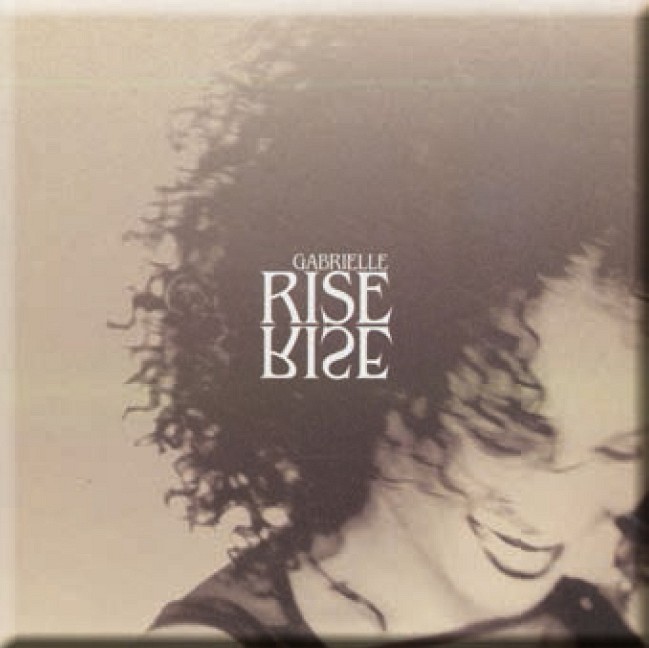
New Meaning
“What happened to Jordan’s father” is horrific. In 1996, Gabrielle’s ex-boyfriend Tony Antoniou beheaded his stepfather. He and Gabrielle had long since separated, but she had to testify at Antoniou’s murder trial to confirm she hadn’t colluded with him. For someone who’d already gone through a lot before becoming a singer, to be innocently embroiled in such an awful story seems deeply unfair. The experience helped inspire Gabrielle’s moving and beautiful third album Rise. Released in 1999, she’s touring the LP this year to mark its 21st anniversary. “Rise was a very therapeutic album,” Gabrielle explains. “Now the personal stuff around it is so far gone, its songs have a new meaning for me. At the time, when I went on stage it was like doing therapy or having an exorcism. But now, I get to have so much fun with the songs and I love that it doesn’t bring tears to my eyes to sing them anymore. There’s an emotional distance from what I went through then to how I feel now, but it’s not like I don’t want to sing those songs and have moved away from them. I’m not empty or detached singing Rise songs or any of my old hits, I’m joyful that I’m able to help people in the audience who are going through the kind of things I went through.”
Claims of empathising with her audience would sound like a platitude from certain singers, but you can tell Gabrielle really does want to bring solace into her fans’ lives. She’s an absolute force of nature to talk to, even by phone, as warm and unaffected as it’s possible for someone who’s been famous for 27 years to be, while talking at around 250mph. That ready vibrancy comes across in Gabrielle’s music which, yes, is relatable – but is also almost always an absolute earworm. “I never saw myself as a great singer,” Gabrielle says, before quickly adding: “Don’t worry, now I’m 50, I’m owning my self-deprecation! I appreciate my craft and I know I can write songs that people love, that I’ve written songs that are part of the backdrop of people’s lives. I might not be Jessie J or Mariah Carey when it comes to the vocals – I love those girls who can hit the high notes and do all the vocal runs, but that’s not naturally me. It’s why I have backing singers!”
Unconventional start
It shouldn’t be overlooked that Gabrielle was, at first, nobody’s idea of a pop star. Born Louisa Bobb in Hackney long before the East London suburb became gentrified, as a schoolgirl Gabrielle was relentlessly bullied for her drooping eyelid, a condition called ptosis. She’s a perfectly normal-sized woman, but perfectly normal-sized women didn’t exist in the chart in 1993. “I grew up not wanting people to look at me,” Gabrielle recalls. “I was singing in nightclubs where all the girls were skinny, really feminine, with hair down to their booty. And there was me, wearing my brother’s trouser suit because I didn’t have anything new. All I could do to compensate was wear it with high heels. I didn’t have the money for nice sunglasses, so my lazy eye was very much on show. People who saw me sing at 19, I dare say they have pictures of my lazy eye. The idea of me going on stage? It was a challenge! But I loved singing too much not to try to get through the fear of singing with all eyes on me.”
Once Gabrielle signed her record deal, to Universal subsidiary Go Beat, she had enough money to disguise her ptosis with sunglasses – but was advised against the move in favour of what became Gabrielle’s trademark eyepatch. Gabrielle remembers: “Go Beat said, ‘Look, you’re a newbie. You don’t want people to think you’re an upstart, sitting there in dark sunglasses like you’re some huge star.’ It was good advice. Wearing an eyepatch gave me the opportunity to have direct eye contact with interviewers, and it meant kids who wore eyepatches had someone representing them. There were rumours I only had one eye, but I wasn’t upset by that, because if a child with only one eye saw me on TV rocking the eyepatch, showing them it was OK, great. I felt it was good for mothers to see me, a thumbs-up to everyone to say it was OK to be different.”
But, having shown the world her disability was nothing to be ashamed of, Gabrielle fell victim to a press that bullied her over her weight. She recalls being on a flight one summer to read an article in a tabloid that named “Britain’s supersize singers” – Geri Halliwell and Gabrielle. “I love Geri, but she’s about a size six,” spits Gabrielle with understandable disgust. “I wasn’t as heavy as I am now, but I was the biggest girl in music then. The fact somebody was able to write that in a newspaper was awful and I ended up comfort eating even more. All the girls in music were beautiful. You might get a rock chick like Suzi Quatro or Chrissie Hynde who didn’t conform, but I was definitely not what anybody imagined a black female artist to be.”
Dreams showed that everyone was hungry for someone to represent the majority of British women, though Gabrielle admits its success astonished her. “Nobody outside the record company thought someone like me could get to No.1,” she says. “To be honest, I was just happy putting music out, having been ridiculed at school. I’ve still got my school yearbook, which has numerous entries like, ‘Hope to see you on Top Of The Pops – ha ha ha.’ Dreams at least gave me the last ha ha ha! Another reason I love Rise so much is that the success of lasting for three albums, by then having two Brit Awards and a couple of MOBOs… that validated me to myself. I thought, ‘You know what? I can do this.’”
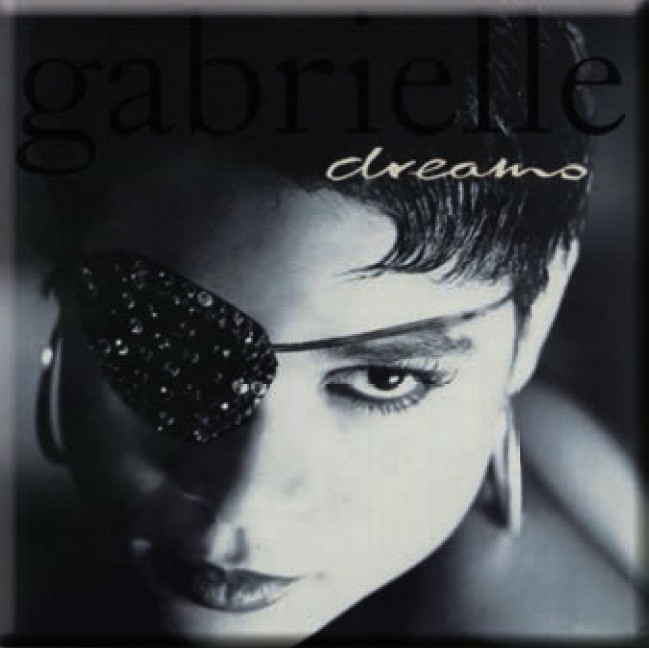
Female empowerment
Does Gabrielle believe the music industry has got better over its attitude to women? “It’s not 100% better, but we’ve come a long way,” she ponders. “Adele is skinny now, but she’s always been gorgeous. You couldn’t dispute she’s a beautiful woman, nor that she has talent. She was able to sing without needing to take her clothes off.” There’s a rare pause, as Gabrielle considers her views on female empowerment in music. “I have nothing against any woman who uses her sexuality,” she reasons. “Taking your clothes off in your videos? It’s not my thing, but it’s a woman’s choice and men do it all the time without anyone commenting. I love P!nk, who kicks all the stereotypes of what a woman is into touch. She’s a kick-arse songwriter, a mother, she’s fierce and she takes her clothes off. Beyoncé is more in the traditional mould of a beautiful woman, but she’s phenomenal.”
Even before the 11-year gap that followed Gabrielle’s 2007 album Always, she had taken a sensible attitude to her workload, unwilling to force herself into touring or making music for the sake of it. “Thankfully, I’ve always been strong-minded enough about my work,” she agrees. “I was a nightmare for record companies, because I’d only put an album out every three years. I wanted to keep my head straight by being with my family and my children. I was strong enough not to chase fame and celebrity, and that’s why I haven’t lost my mind. I’ve done things at my own pace.”
Gabrielle points to the suicide of Avicii in 2018 as an example of what can happen if a musician takes on too much work, commenting: “Avicii had depression and didn’t have people around him who should have been saying, ‘You’ve made enough money, take time out for you.’ There’s nothing wrong with chasing success if that’s what you want and you’re strong enough to cope, but it’s not what ever drove me. It’s why I have a girl crush on Rihanna. She’s a superstar mogul doing what she wants. Everyone is saying, ‘When’s she doing more music?’ when she’s veered off to do fashion instead. Rihanna could have gone, ‘Oh, I’d better bring some music out at the same time,’ but, no, Rihanna will do it when she’s ready. I wish more stars felt able to do that.”
That sensible attitude doesn’t mean Gabrielle has stopped wanting to prove herself, having started thinking of the follow-up to Under My Skin. “I only ever write about one thing – life,” she laughs. “I can only write about what I know. I don’t have a muse, but I’ve got some best friends and I’ll write about them and their relationships. I’m the mate who goes, ‘Oh, please, there’s plenty more fish in the sea!’ if I hear they’re going through something not great. When they’re ready not to be the doormat and if they find someone who’s worth it, I’m the first one celebrating! Under My Skin was based on my life and a couple of best friends, and I’m sure it’ll be the same in my next songs.”
Whatever album Gabrielle brings out next, you can guarantee it’ll have some absolute pop bangers on there and that she’ll be reminding everyone of how many other great tunes she’s crafted when she tours it. “I’m enjoying my best life now I’m 50,” she says, before a final laugh. “What can I say? I’m gushing, but it’s because I’m having such a swell time. I’m making up for when I wasn’t having such a bloody wicked time.”
Classic Pop may earn commission from the links on this page, but we only feature products we think you will enjoy.

